As the Supreme Court considers legal challenges to Prime Minister Boris Johnson’s decision to prorogue parliament, here is a look at the key players in the case before the UK’s highest court.
The court hears appeals on cases of the greatest public importance where it is considered there is an arguable point of law.
Now the Supreme Court, which will sit as a panel of 11 justices for only the second time in its 10-year history, must reconcile contradictory judgments issued by the English and Scottish courts.
– Gina Miller
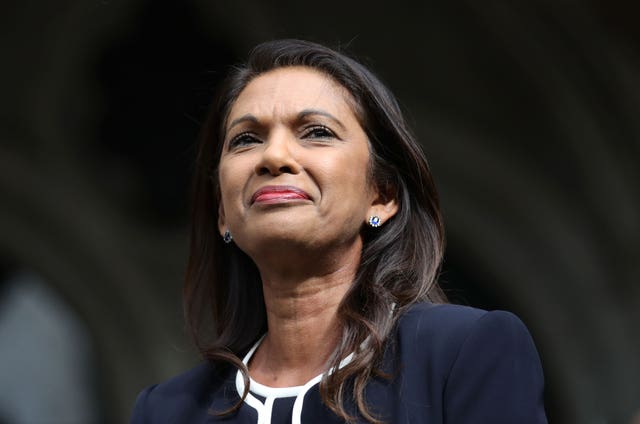
The investment fund manager and campaigner first came to public prominence in 2016 when she launched a legal challenge to then prime minister Theresa May’s decision to use the royal prerogative to trigger Article 50, starting a two-year countdown to the UK’s departure from the EU.
The High Court ruled that the prime minister did not have the power to trigger Article 50 without the authority of parliament, a ruling ultimately upheld by the Supreme Court in January 2017.
– Boris Johnson
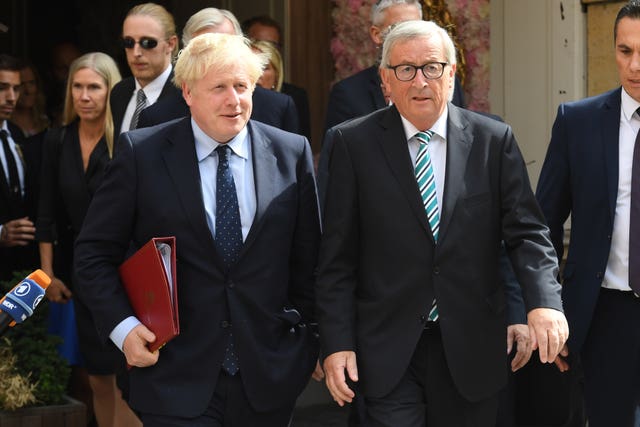
Johnson was appointed prime minister on July 24, after refusing to rule out proroguing parliament during the contest to succeed May as leader of the Conservative Party.
The Queen prorogued parliament, on Johnson’s advice, on August 28 after Commons Leader Jacob Rees-Mogg, Lords Leader Baroness Evans and chief whip Mark Spencer flew to Balmoral for a Privy Council meeting.
A handwritten note of Johnson’s dated August 16, replying to advice on prorogation, said parliament sitting in September was a “rigmarole introduced … to show the public that MPs were earning their crust, so I do not see anything especially shocking about this prorogation”.
An unredacted version of the note leaked to Sky News revealed Johnson wrote that the “rigmarole” had been “introduced by girly swot (former prime minister David) Cameron”.
– Joanna Cherry QC MP and others
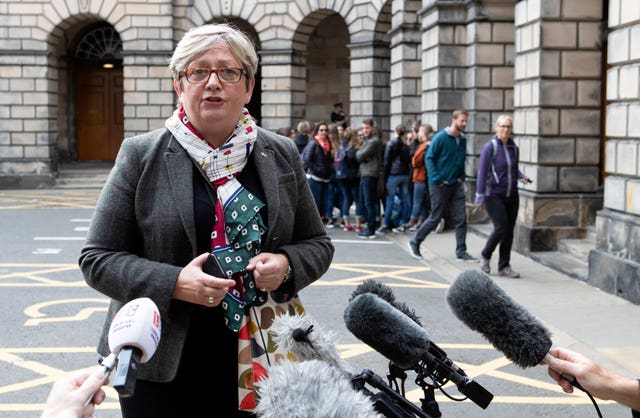
Joanna Cherry, a barrister-turned-MP and the SNP’s justice and home affairs spokesperson, is the lead claimant in the proceedings brought in Scotland.
The case is brought by a total of 79 petitioners, including Lib Dem leader Jo Swinson, Green Party MP Caroline Lucas and Plaid Cymru’s Westminster leader Liz Saville Roberts.
– Sir John Major
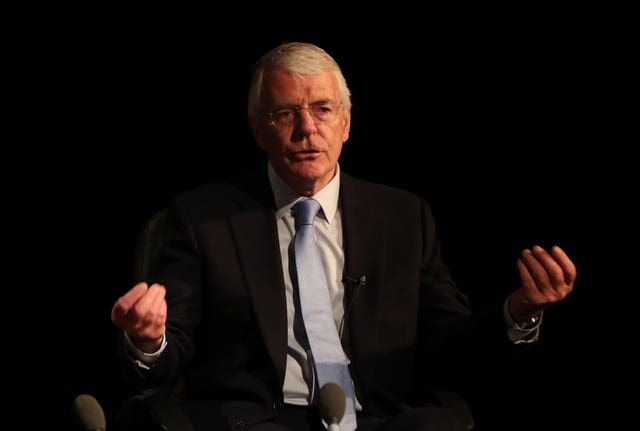
Major served as prime minister between 1990 and 1997, taking over from Margaret Thatcher and defeating Labour leader Neil Kinnock in the 1992 general election before losing to Tony Blair’s New Labour in 1997.
In July, after Johnson refused to rule out prorogation, Major told BBC Radio 4’s Today programme that it would be “utterly and totally unacceptable” for any British premier to shut down parliament.
The former prime minister said he would bring a judicial review against any attempt to do so and intervened in Miller’s High Court case in September. His lawyers have been given permission to make oral submissions at the Supreme Court hearing.
However, Major himself controversially prorogued parliament ahead of the 1997 general election, which prevented a report on the cash for questions scandal being considered by MPs.
– Baroness Chakrabarti
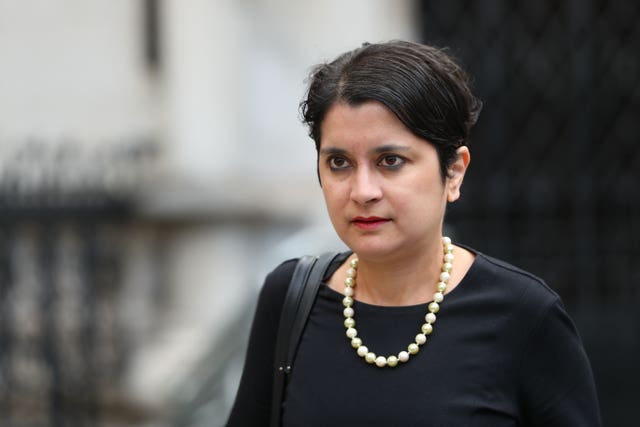
The peer was director of civil liberties organisation Liberty from 2003 to 2016, during which time she was described by the Sun newspaper as “the most dangerous woman in Britain”.
Following her appointment in 2016 as the chair of an inquiry into antisemitism in the Labour Party, Chakrabarti was nominated to the House of Lords and subsequently appointed Labour’s shadow attorney general.
– Raymond McCord

The victims’ rights campaigner, whose son was murdered by loyalist paramilitaries in 1997, is one of three individuals bringing a legal challenge in Belfast, arguing that a no-deal Brexit would damage the Northern Ireland peace process.
Unlike in England and Wales and Scotland, cases in Northern Ireland cannot leapfrog straight to the Supreme Court, so McCord’s case was heard by the Court of Appeal in Belfast on Monday – and he has also been given permission to intervene at the Supreme Court.
– The Supreme Court justices
A reminder that the Brexit-related judicial review cases which are taking place at the UK Supreme Court tomorrow, can be viewed live via our website. More information about the case and how to watch is available here: https://t.co/rxKkhkPf1a
— UK Supreme Court (@UKSupremeCourt) September 16, 2019
For only the second time in the court’s history, an 11-strong panel of justices will hear the joined cases – the first time being Miller’s Article 50 case.
The panel will be headed by Supreme Court president Lady Hale and also includes deputy president Lord Reed, who will become president in January when Lady Hale retires.










